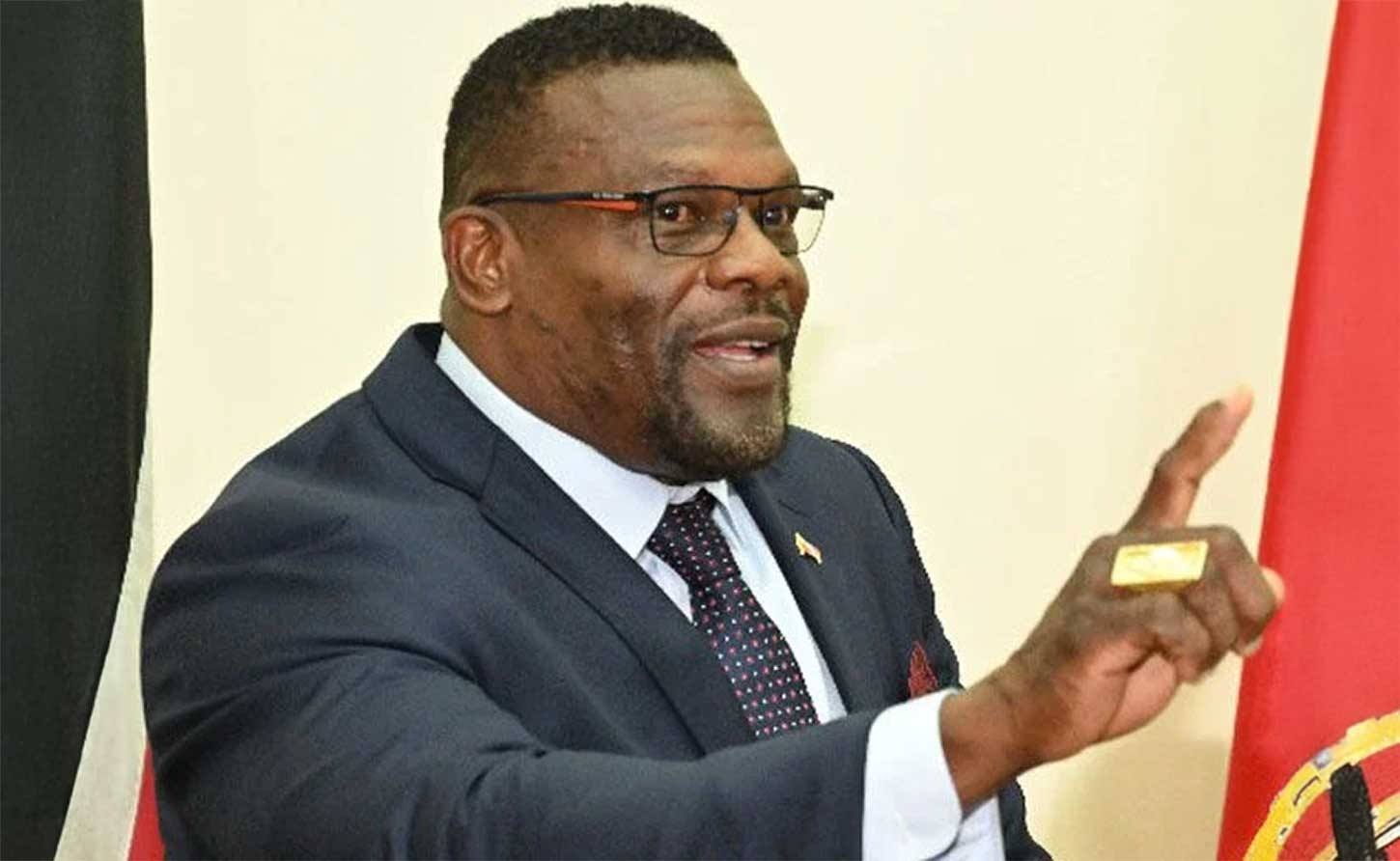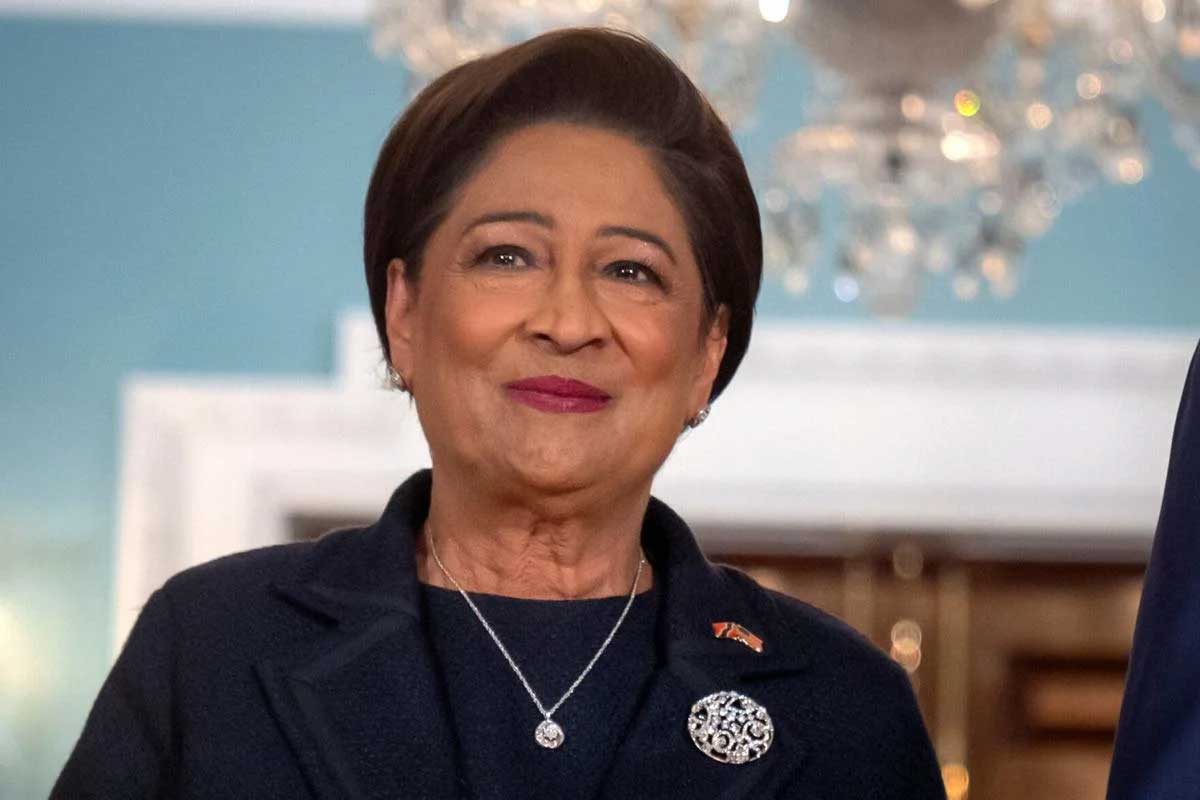TRINIDAD | Shadow Over the Savannah: Trinidad's Unsettling Security Alert

PORT-OF-SPAIN, Trinidad, October 19, 2025 - The warning arrived with the cold efficiency of a diplomatic communiqué, but its impact rippled through Trinidad and Tobago like a seismic tremor.
"Due to a heightened state of alert, please avoid and refrain from visiting all US Government facilities in Trinidad and Tobago through the holiday weekend." No explanation. No context. Just an instruction that transformed a routine holiday into a weekend of whispered anxieties and unanswered questions.
For a nation already navigating choppy political waters, the US Embassy's cryptic advisory landed like a depth charge, detonating speculation across social media and triggering a cascade of rumors that officials would spend the weekend trying to contain.
What threat? Which facilities? And perhaps most troublingly—why weren't Trinbagonians being told the full story?
The Reassurance That Doesn't Quite Reassure

"There is no need for alarm," he insisted, even as he acknowledged the country remained under a state of emergency. The contradiction was not lost on a public already on edge.
Minister of Homeland Security Roger Alexander echoed the official line, dismissing social media chatter about Prime Minister Kamla Persad-Bissessar being moved to a safe house as "fake news."
Yet his assurances came wrapped in the very secrecy that was fueling public unease. Yes, US officials had briefed National Security personnel.
No, the information could not be disclosed publicly. Trust us, they seemed to say, even as they offered nothing concrete to trust.
Benjamin's plea for citizens to "rely on official sources" rang hollow in an information vacuum where the most official source of all—the Prime Minister herself—remained conspicuously silent.
The Silence at the Center
Former Prime Minister Stuart Young's Facebook post captured the mounting frustration: "The Prime Minister has been in hiding for days now and not addressing the growing concerns of uncertainty."
When contacted by media, Persad-Bissessar simply directed questions to the US Embassy—a deflection that former national security minister Marvin Gonzales called "very concerning."
The silence is particularly striking given Persad-Bissessar's recent diplomatic positioning.
At the UN General Assembly last month, she made headlines by declaring the Caribbean was not a zone of peace, throwing her support behind President Trump's military presence in the region.
Now, as those very tensions appear to be manifesting on Trinidad's doorstep, the Prime Minister who courted this alliance has gone quiet.
Standing Alone in Troubled Waters
The timing of the security alert coincides with Trinidad and Tobago's diplomatic isolation within CARICOM.
While regional heads of government jointly reaffirmed "the principle of maintaining the Caribbean region as a Zone of Peace," Trinidad notably "reserved its position"—standing alone among its Caribbean neighbors in refusing to endorse the statement.
This wasn't an accident. It was the logical extension of Persad-Bissessar's UN speech, where she thanked Trump for the US military buildup that leaders like Barbados' Mia Mottley and St. Vincent's Ralph Gonsalves had explicitly warned against.
Trinidad bet on American muscle over regional solidarity. Now, as Trump authorizes CIA covert operations in Venezuela and considers land operations, that bet is coming due.
The US advisory, issued against the backdrop of escalating US-Venezuela tensions, suggests Trinidad's proximity to this conflict—both geographical and political—may carry consequences no one fully anticipated.
A Nation in Limbo
As the holiday weekend unfolds, Trinbagonians find themselves caught in an uncomfortable limbo—told to remain calm while witnessing unprecedented security measures, assured there's no specific threat while watching embassies issue warnings, and led by a Prime Minister who has chosen geopolitical alignment over regional consensus but now offers no explanation when that alignment casts shadows across the Savannah.
Opposition Leader Pennelope Beckles's call for the Prime Minister to "address the nation on critical matters" echoes the sentiment of citizens who deserve more than cryptic advisories and official deflections.
In moments of uncertainty, leadership requires presence, transparency, and the courage to level with the people you serve.
Trinidad and Tobago may have chosen to stand apart from its Caribbean neighbors on the question of peace. But in this anxious moment, its citizens are discovering that standing alone can be a lonely—and unsettling—place to be.
-30-
